Search
Search Results
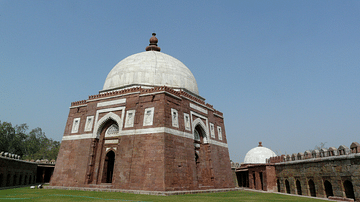
Image
Tomb of Ghiyasuddin Tughluq
The tomb in Delhi of Ghiyasuddin Tughluq (r. 1320-1325), Sultan of the Delhi sultanate and the founder of the Tughlaq dynasty.
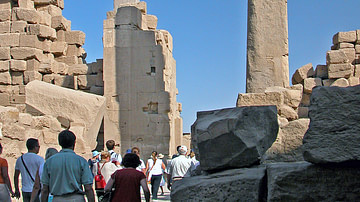
Definition
Egyptian Obelisk
An obelisk is a stone rectangular pillar with a tapered top forming a pyramidion, set on a base, erected to commemorate an individual or event and honor the gods. The ancient Egyptians created the form at some point in the Early Dynastic...
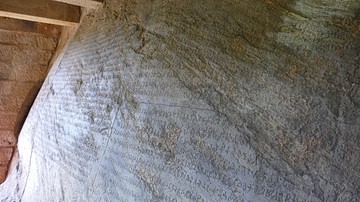
Definition
The Edicts of Ashoka the Great
The Edicts of Ashoka are 33 inscriptions engraved on pillars, large stones, and cave walls by Ashoka the Great (r. 268-232 BCE), the third king of the Mauryan Empire (322-185 BCE) of India. One set, the so-called Major Rock Edicts, are consistent...
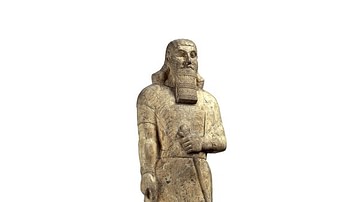
Definition
Ashurnasirpal II
Ashurnasirpal II (r. 884-859 BCE) was the third king of the Neo-Assyrian Empire. His father was Tukulti-Ninurta II (r. 891-884 BCE) whose military campaigns throughout the region provided his son with a sizeable empire and the resources to...
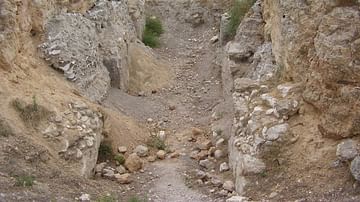
Article
The History of Excavations at Tel Gezer
The archaeological site of Tel Gezer is located in central Israel at the edge of the western mountains near the Shephelah, about 9 or 10 km southwest of the city of Ramleh. Gezer was one of the famed "Solomonic" cities of the Hebrew Bible...

Definition
Ancient Celts
The ancient Celts were various tribal groups living in parts of western and central Europe in the Late Bronze Age and through the Iron Age (c. 700 BCE to c. 400 CE). Given the name Celts by ancient writers, these tribes and their culture...
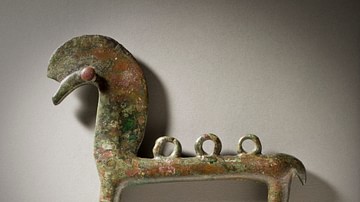
Definition
Villanovan Culture
The Villanovan culture flourished during the Iron Age in central Italy from c. 1000 to c. 750 BCE. It was a precursor of the Etruscan civilization, although the two populations are actually the same and the term Villanovan should not imply...
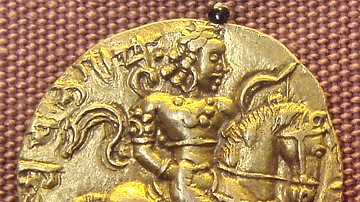
Definition
Chandragupta II
Chandragupta II (c. 375 CE - 413/14 CE) was the next great Gupta emperor after his father Samudragupta (335/350 - 370/380 CE). He proved to be an able ruler and conqueror with many achievements to his credit. He came to be known by his title...
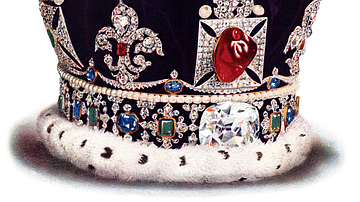
Definition
British Crown Jewels
The Crown Jewels of the monarchy of the United Kingdom of Great Britain and Northern Ireland are today kept in the Tower of London and date mostly to the 17th century, with a few later sparkling additions such as the Koh-i-Noor and Cullinan...

Article
The people of Iron Age Britain
The people of Iron Age Britain were physically very similar to many modern Europeans and there is no reason to suppose that all Iron Age Britons had the same hair colour, eye colour or skin complexion. Iron Age Britons spoke one or more Celtic...